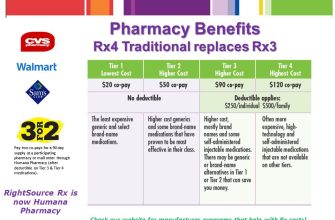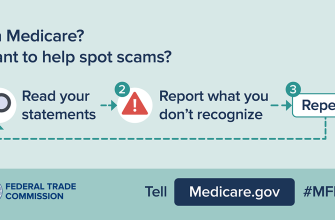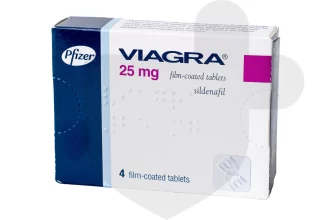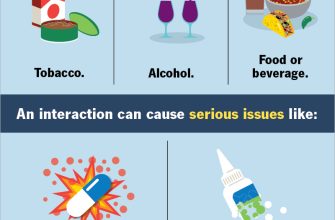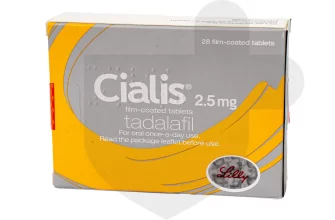Immediately acknowledge the customer’s frustration. A simple “I understand your concern” goes a long way.
Actively listen to understand their perspective fully. Avoid interrupting; let them explain their issue completely. Paraphrase their concerns to confirm understanding: “So, if I understand correctly, you’re upset because…”
Empathize with their situation. Show you care by using phrases like “I can see why this is frustrating,” or “I would be upset too.”
Offer solutions promptly. If the issue involves a medication error, immediately initiate a correction protocol. For billing disputes, clearly explain the charges and provide alternative payment options.
Set realistic expectations. If a solution requires time, provide a timeframe and keep the customer updated on the progress. Use precise language to avoid ambiguity.
Document every interaction thoroughly. Note the customer’s name, contact information, the issue, the solution offered, and the outcome. This information is invaluable for quality control and future reference.
If a solution isn’t immediately available, escalate the issue to a supervisor or manager. Keep the customer informed about the escalation process.
Follow up with the customer to ensure their satisfaction. A brief check-in call or email can significantly improve customer loyalty.
Learn from every difficult interaction. Analyze what worked and what could be improved for future similar situations. Regularly review your performance to refine your conflict resolution skills.
Remember, calm and professional communication is key to resolving conflicts effectively and preserving the pharmacy’s reputation. A positive resolution fosters trust and loyalty.


